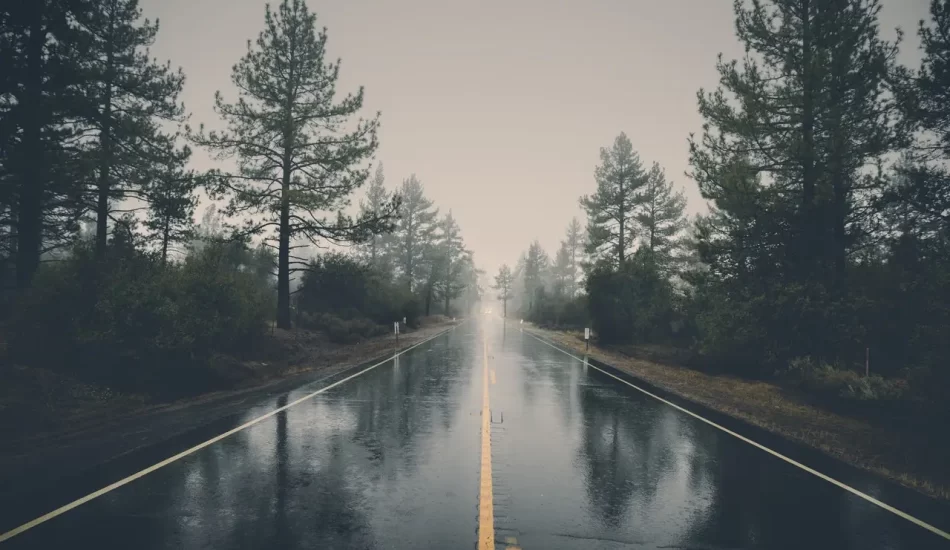How to Avoid Auto Accidents in Bad Weather

As the winter grows colder, rain, sleet, ice, snow, fog, and high winds are becoming all the more common in Nevada, contributing to staggering auto accident statistics such as over 20% of all crashes being weather-related. Take this opportunity to learn how to avoid Nevada car accidents as the weather grows worse.
Be Prepared
Avoiding the dangers of bad weather starts well before the weather takes a turn for the worse. With appropriate precautions and foresight, you can head into adverse weather conditions confidently and avoid a car accident:
- Plan your route ahead of time to avoid particularly dangerous stretches of road or traffic, and consult weather forecasts every time you head out.
- Check your tires, brakes, headlights, and windshield wipers before the winter months begin, and consider packing an ice-scraper.
Driving Safely in Bad Weather
Driving in inclement weather requires constant wariness and a complete shift in your driving tendencies, as you need to start prioritizing safety over a rush to get around. Follow these safety tips when driving in bad weather conditions:
- Drive much slower than normal. As conditions get worse, you need to slow down considerably, driving well below the speed limit at times. Even if other drivers pass you, don’t feel pressured to speed up.
- Increase your following distance. At a minimum, you should double your following distance to other vehicles to give you enough time to react and slow down.
- Use low-beams in low-visibility conditions. If fog, ice, or rain starts to obscure your vision, you should turn on your low-beam headlights to help other drivers see you earlier.
- Don’t drive while tired. Drowsy driving can be lethal at any time of year, yet is considerably more reckless in unfavorable driving conditions. If you’re getting tired while driving, pull over to take an hour-long nap.
- Don’t use cruise control. Cruise control can be convenient at times, but it dramatically increases your risk of hydroplaning by taking control away from you.
- Responsibly use the radio. Listening to weather advisory channels can help you stay on top of new forecasts, but keep it quiet to avoid being distracted.
- Don’t overestimate your driving ability. If conditions get worse and you aren’t experienced with bad-weather driving, stay off the road altogether. Don’t risk it if it’s not an emergency.
Weather-Related Accidents in Nevada
If you get into a weather-related accident and another driver isn’t explicitly to blame, odds are high that you’ll be liable instead. Since bad weather conditions can be avoided with caution and competence, drivers are therefore at fault if they let nature get the better of them, which makes proving fault in an accident all the more important.
With the help of a Las Vegas auto accident attorney, you can build a strong case for compensation, helping you to get back on your feet and focus on your recovery. Aaron Law Group’s Nevada car accident lawyers have extensive experience with all types of car crashes, so we can walk you through the claims process and give you the strong legal representation you need. Give us a call today at (702) 550-1111 to schedule your free consultation, and learn more about how weather conditions may influence your case.